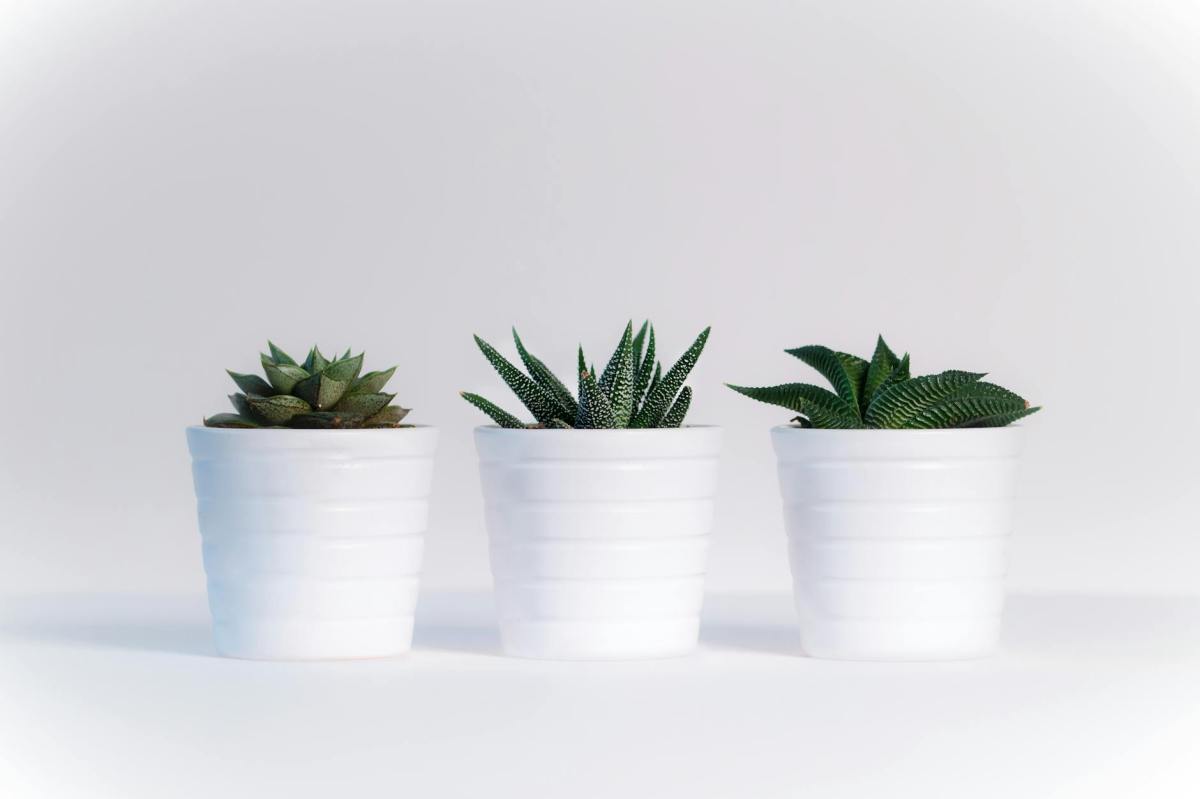It is quite normal to be on a tight schedule and worried about not being able to meet a date that had been promised to the boss’s boss, or worse, that had been shared with some journalists.
In this passage of time, the most normal thing has been to consider what it is that you want to develop during the year and make a schedule so that you can develop it, test it and put it into production before the year ends. Companies’ financial years are measured annually, so it is logical that you want to finish anything in that period and not leave anything pending “for the following year”.
On the other hand, we have technology, which accompanies us to “accelerate our dreams”. What we want to do is more and more at hand, and as a programming enthusiast I often find ways to do quite complex things in a few hours. Almost as a hobby I have been developing over time tools that allow us to have almost instant answers.
Looking for metaphors with garden lessons
In The Value of Opportunity you can read about how I gradually got into gardening, starting with taking care of the plants we already had at home and moving on to planting some things from scratch.
The first thing I remember planting “on purpose” were two Banana plants. One of my sisters brought them to me, carefully repeating the instructions she had received when she bought them: she had to dig a hole 45 cm deep and bury the stem she was bringing me. With the necessary care, the bush would be producing in eight months.
This looked like any of my projects. Eight months was the time for a medium-sized initiative, the kind you project to finish in the last quarter of the year. However, nature has different speeds than ours.
In the beginning, one day was like the next. I watered, but nothing seemed to happen. Everything looked the same. The first week, the second week, the third week. After that time one of the plants started to fade and the other one finally showed signs that it was greening up and thriving.
In professional life it is quite normal to have weekly breakthroughs. When an effort does not progress from one week to the next it means that something bad has happened and we need to take corrective action. In nature, the most normal thing is that nothing happens and that the days go by one after the other, especially when the available resources are not ideal.
Example in Venezuela
This story of course intersects with the situation we are going through in Venezuela. The first months of the banana plant coincided with a drought in which the drinking water service was very intermittent. At that time I made a drip irrigation system and supplied five litres of water only for the plants to receive it drop by drop.
Months passed and the bush had grown, but showed no signs of flowering. My mother-in-law began to say that the land was not good for that and that her mother had never been able to harvest plantains and only used the leaves to make hallacas.
I kept watering and fertilising with the organic compost that I started to produce from the kitchen scraps.
The promised eight months passed and eight more to see the first flower. It took 18 months in total to have the first bunch and to everyone’s surprise it was not banana – what here in Venezuela we call Cambur or Guineo – but Cambur Manzano, a smaller, less sweet and more astringent variety that I love but my mother-in-law does not.
Nowadays I get a bunch of apple trees every two months or so, but I have seen history repeat itself with passion fruit, with 18 months of waiting, cherries or semeruckleberries that took 3 years, or the quickest ones: tomatoes that take three months.
Nature’s time goes at a different pace that is measured in months and not in days. I have come to think that this is the secret of why people in the countryside are so patient. Plants certainly teach us to wait and to give up a little of the addiction to instant results and weekly deliverables.









